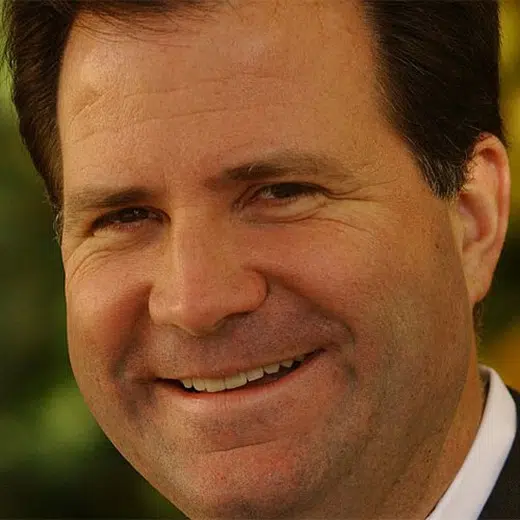By Ann Saphir
(Reuters) – The still-sky-high number of Americans who lost work during the coronavirus crisis and continue to tap unemployment insurance would normally be a troubling sign for a U.S. president seeking reelection, but maybe not this year.
Initial claims for state unemployment benefits remained at a seasonally adjusted 884,000 for the week ended Sept. 5, Labor Department data https://www.dol.gov/ui/data.pdf showed on Thursday, the same number as a week before and a bit more than economists expected.
All told, some 29.6 million Americans were relying on some form of unemployment insurance as of Aug. 22. That figure equates to a little under a fifth of the total number of jobs supported by the U.S. economy in February, before the current economic crisis hit.
“10.6 MILLION jobs added in four months,” the White House tweeted after the release of the latest jobless claims report, which does not measure jobs added. “That’s the Great American Comeback!”
Graphic: Jobless claims still elevated – https://graphics.reuters.com/USA-ELECTION/ECONOMY-JOBLESS/azgponxegvd/chart.png
A Labor Department report last Friday showed U.S. employers added 10.6 million jobs from April through August. That is less than half the 22 million jobs lost in the first two months of the coronavirus-triggered recession.
Still, if the stall in the labor market’s recovery helps push a deadlocked U.S. Congress toward agreement on a new package of relief for households hit by the crisis, the extra aid could bolster support for the political status quo and lift President Donald Trump’s chances of beating Democratic challenger Joe Biden in the Nov. 3 election, according to Daniel Zhao, a senior economist at Glassdoor.
“The reality is that millions of Americans either unemployed or financially on the edge from pandemic-related losses and financial relief is a very present and urgent need,” he said.
“In a normal election year, a financial stimulus package that puts thousands of dollars in the pockets of Americans and boosts the economy heading into November would seem like a clear political winner. However, as this year has repeatedly shown, normal rules of engagement may not apply during a global pandemic,” Zhao said.
(Reporting by Ann Saphir; Editing by Paul Simao)






